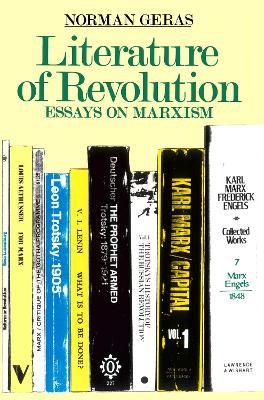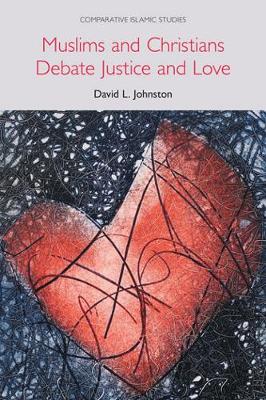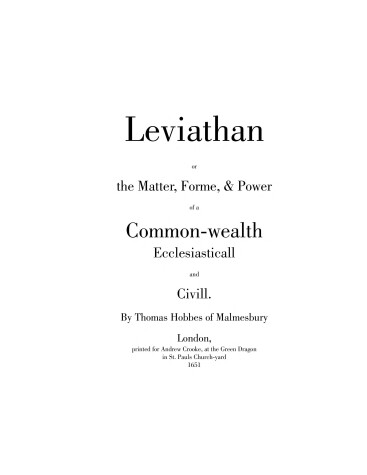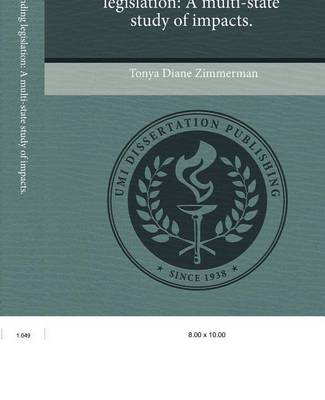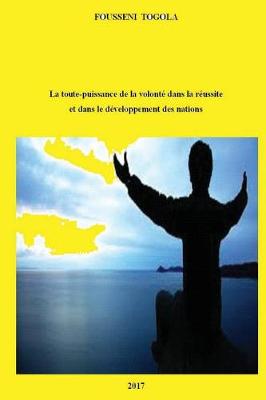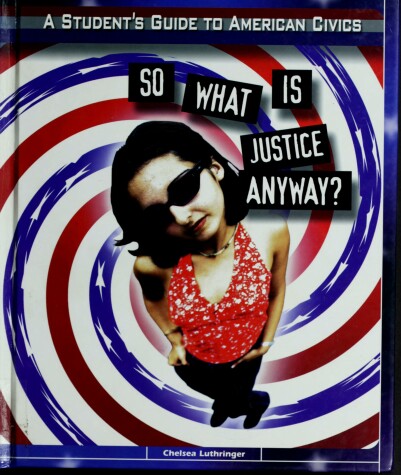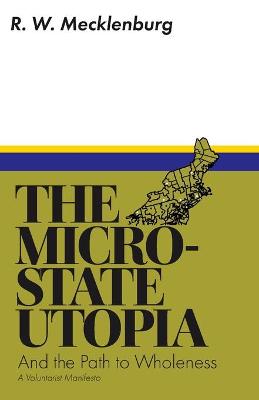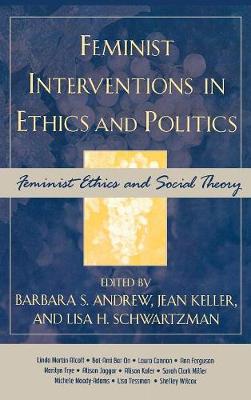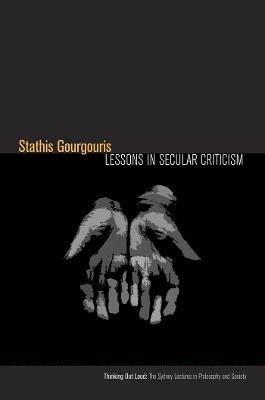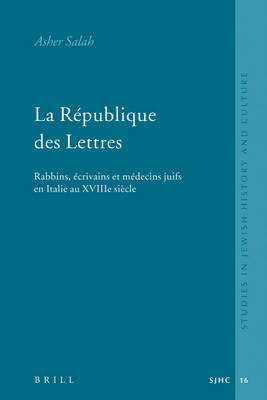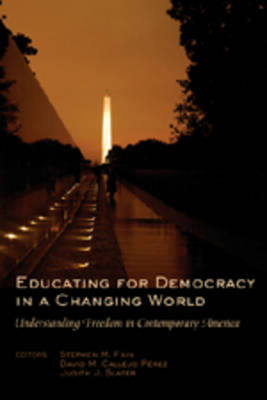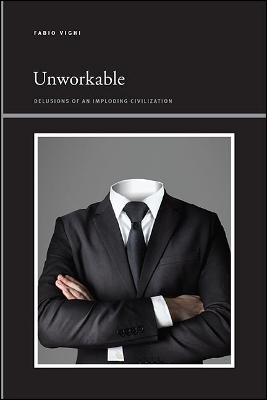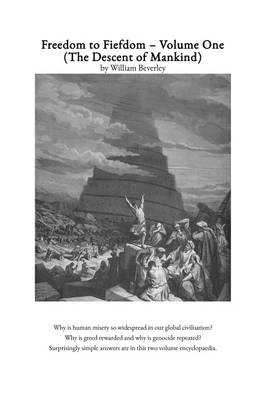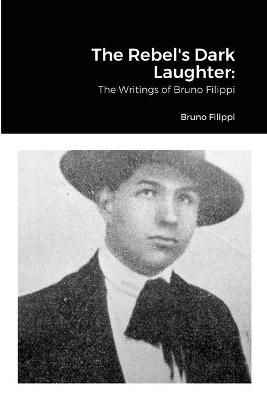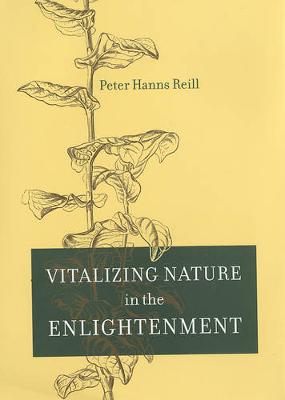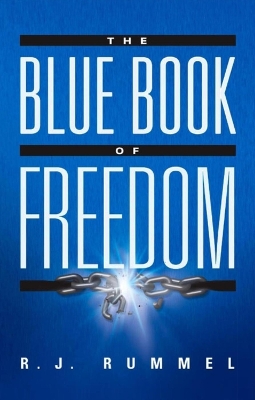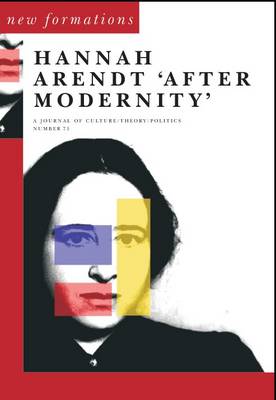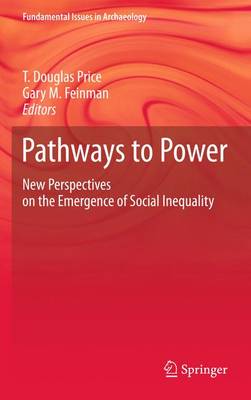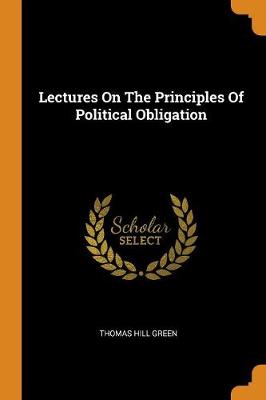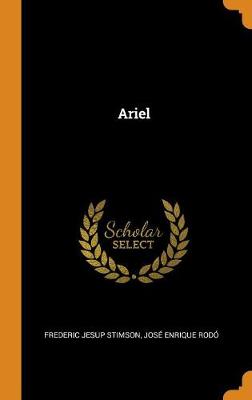Essential essays on key Marxist writers from a leading political thinker Literature of Revolution explores the pivotal texts and topics in the Marxist tradition, drawing on the works of Marx, Trotsky, Luxemburg, Lenin, and Althusser. In close dialogue with common themes and arguments in revolutionary Marxist thought, Geras brings some of his persistent preoccupations to the fore: the relationship between Marxism and justice; the debates on political organization; and the role of revolutionary m...
Muslims and Christians Debate Justice and Love (Comparative Islamic Studies)
by David L. Johnston
This book seeks to elucidate the concept of justice, not so much as it is expressed in law courts (retributive and procedural justice) or in state budgets (distributive justice), but as primary justice - what it means and how it can be grounded in the inalienable rights that each human being possesses qua human being. It draws inspiration from two recent works of philosopher Nicolas Wolterstorff, but also from the groundbreaking Islamic initiative of 2007, the Common Word Letter addressed by 138...
Leviathan, or, the Matter, Forme and Power of a Commonwealth Ecclesiasticall and Civil
by Thomas Hobbes and Michael Oakeshott
Many of us wonder what we could possibly do to end oppression, exploitation, and injustice. People have studied revolutions and protest movements for centuries, but few have focused on prefigurative politics, the idea of 'building the new society within the shell of the old'. Fed up with capitalism? Get organised and build the institutions of the future in radical unions and local communities. Tired of politicians stalling on climate change? Set up an alternative energy collective. Ready to sma...
La Toute-Puissance de la Volonte Dans La Reussite Individuelle Et Collective
by Togola Fousseni
So What is Justice Anyway? (Student's Guide to American Civics)
by Chelsea Luthringer
Discusses the concept of justice, its role in daily life, differing views of justice, how governments achieve justice, and individuals and organizations that have worked for justice.
Feminist Interventions in Ethics and Politics (Feminist Constructions)
This collection breaks new ground in four key areas of feminist social thought: the sex/gender debates; challenges to liberalism/equality; feminist ethics; and feminist perspectives on global ethics and politics in the 21st century. Altogether, the essays provide an innovative look at feminist philosophy while making substantive contributions to current debates in gender theory, ethics, and political thought.
Secular criticism is a term invented by Edward Said to denote not a theory but a practice that counters the tendency of much modern thinking to reach for a transcendentalist comfort zone, the very space philosophy wrested away from religion in the name of modernity. Using this notion as a compass, this book reconfigures recent secularism debates on an entirely different basis, by showing (1) how the secular imagination is closely linked to society’s radical poiesis, its capacity to imagine and c...
La Republique des Lettres (Studies in Jewish History and Culture, #16)
by Asher Salah
This volume is a reference book on more than a thousand Jewish writers-rabbis, physicians and laymen-active in 18th-century Italy. Each author has a biographical notice, followed by a list of his printed works and manuscripts, their location in the major international judaica collections and a bibliography of the relevant secondary sources. The book is illustrated with more than forty portraits of authors and includes rich analytical and thematic indexes. This work is intended to be a fundamenta...
Educating for Democracy in a Changing World (Counterpoints, #271)
Unworkable (SUNY series, Insinuations: Philosophy, Psychoanalysis, Literature)
by Fabio Vighi
This far-reaching study redraws the intellectual map of the Enlightenment and boldly reassesses the legacy of that highly influential period for us today. Peter Hanns Reill argues that in the middle of the eighteenth century, a major shift occurred in the way Enlightenment thinkers conceived of nature that caused many of them to reject the prevailing doctrine of mechanism and turn to a vitalistic model to account for phenomena in natural history, the life sciences, and chemistry. As he traces th...
Many religious people are alarmed about features of the current age - violence in the media, a pervasive hedonism, a marginalization of religion, and widespread abortion. These concerns influence politics, but just as there should be a separation between church and state, so should there be a balance between religious commitments and secular arguments calling for social reforms. Robert Audi offers a principle of secular rationale, which does not exclude religious grounds for action but which rul...
Even today, few thinkers arouse greater controversy than Hannah Arendt. Dismissed as a left-liberal by some, celebrated by others as the key thinker of politicality itself, what is clear to all sides is that Arendt's rich legacy is not one whose relevance or significance have been exhausted. In particular, as the guest editors of this issue point out, Arendt remains a uniquely significant thinker for any attempt to confront the politics of modernity. We are delighted to present an important coll...
Pathways to Power (Fundamental Issues in Archaeology)
There are few questions more central to understanding the prehistory of our species than those regarding the institutionalization of social inequality. Social inequality is manifested in unequal access to goods, information, decision-making, and power. This structure is essential to higher orders of social organization and basic to the operation of more complex societies. An understanding of the transformation from relatively egalitarian societies to a hierarchical organization and socioecono...
Lectures on the Principles of Political Obligation
by Thomas Hill Green
The present work is Thomas Hill Green's account of his conception of `the common good' and its importance in determining a set of criteria that will give us the means to evaluate the conduct of political establishments. The principles of political obligation are all founded on this attractive idea of a common good, and Green is able to apply his principles to a wide range of matters from land law to personal freedom.How well the book succeeds in convincing the reader that a common good ought to...
One of the most profound thinkers of modern history, Jean-Jacques Rousseau (1712-78) was a central figure of the European Enlightenment. He was also its most formidable critic, condemning the political, economic, theological, and sexual trappings of civilization along lines that would excite the enthusiasm of romantic individualists and radical revolutionaries alike. In this study of Rousseau's life and works Robert Wokler shows how his philosophy of history, his theories of music and politics,...
Ariel (Nuestramerica, #22) (Texas Pan American)
by Frederic Jesup Stimson and Jose Enrique Rodo
Ariel is a long essay by the Uruguayan critic Jose Enrique Rodo (1871-1917). It is an attempt to formulate a characteristic Latin American spirit; it emphasizes spiritual values as against exclusively materialist progress. When it was first published in 1900 it provoked a wide response from the youth of Latin America to whom it was addressed, and brought immediate fame to its author. It remains his best and most important work. This edition contains the Spanish text of Ariel, with a long introdu...
